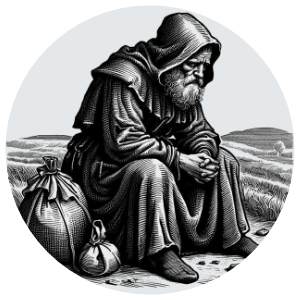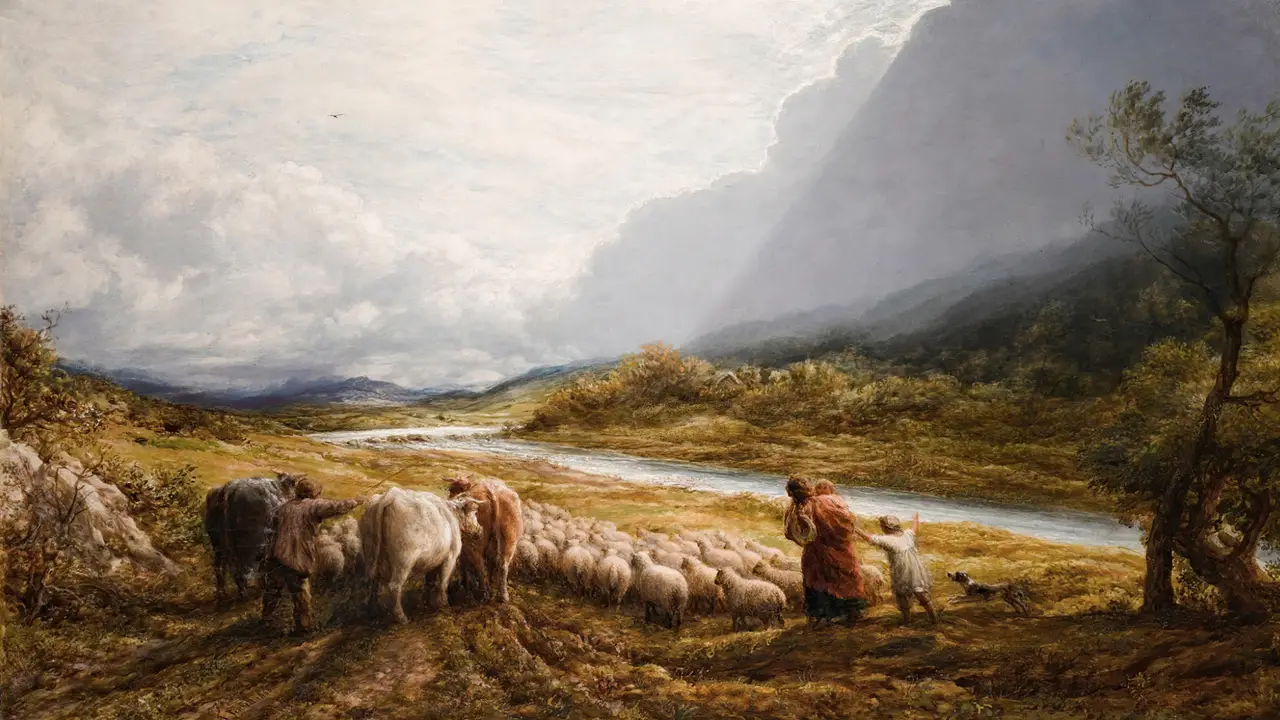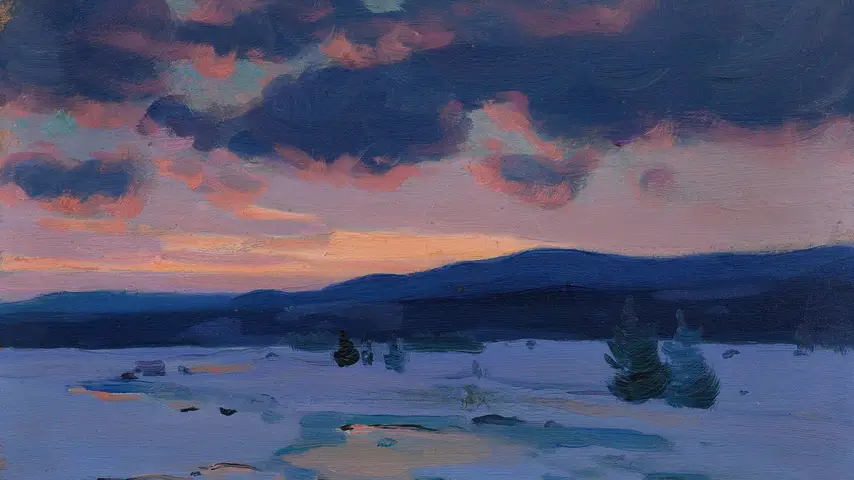Welcome to another issue of The Weary Pilgrim. I’m Ryan Wentzel, the guy behind this newsletter. I pastor a church in Southern California and write about topics like joy as a form of protest and how God’s grace mends the broken fragments of our lives.
Thanks to all who have recently subscribed — it means a lot. Your interest is what keeps me writing. I always enjoy hearing from readers, so feel free to shoot me an email and say hello.
A Pilgrim Prayer
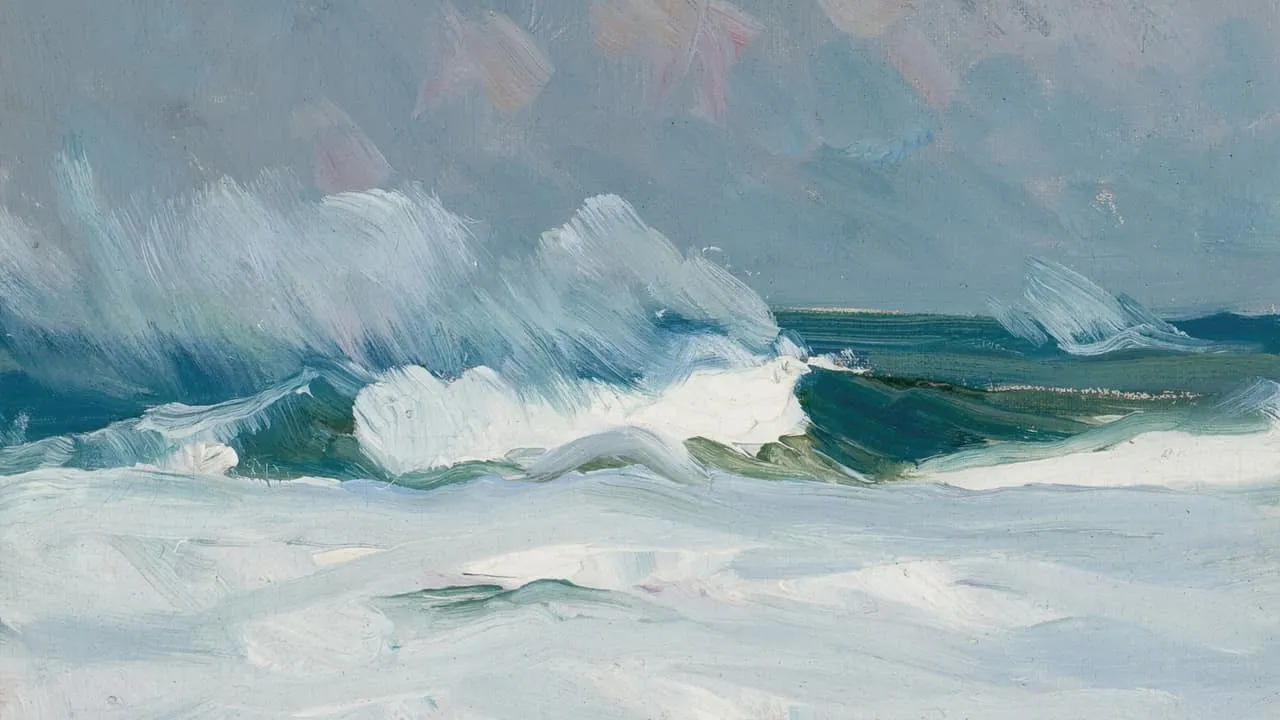
A prayer based on Psalm 18, for those who feel like they’re drowning.
The LORD is my rock and my fortress and my deliverer, my God, my rock, in whom I take refuge, my shield, and the horn of my salvation, my stronghold.
— Psalm 18:2 ESV
O Lord, my protector and defender, be a rock of refuge to me amid the swirling currents of my fears, that I might not be swept away but rather rest securely in your loyal love, through Christ our Lord. Amen.
Through My Lens
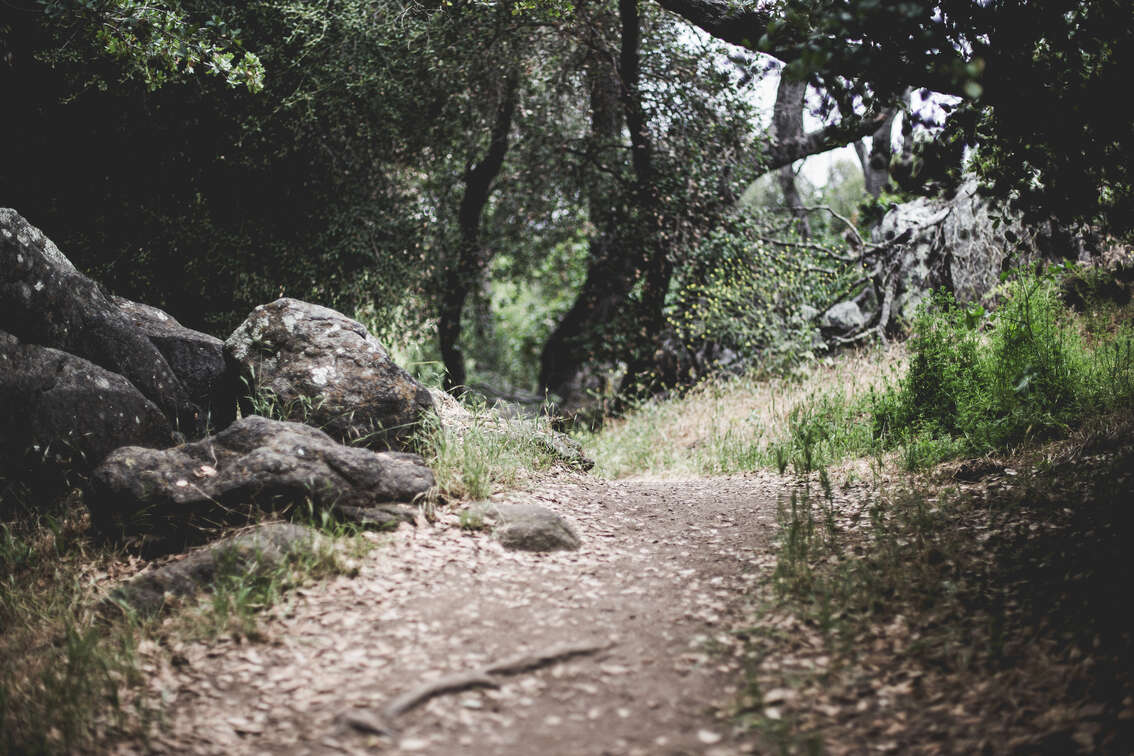
Felicita County Park, Escondido, California
What I’m Reading
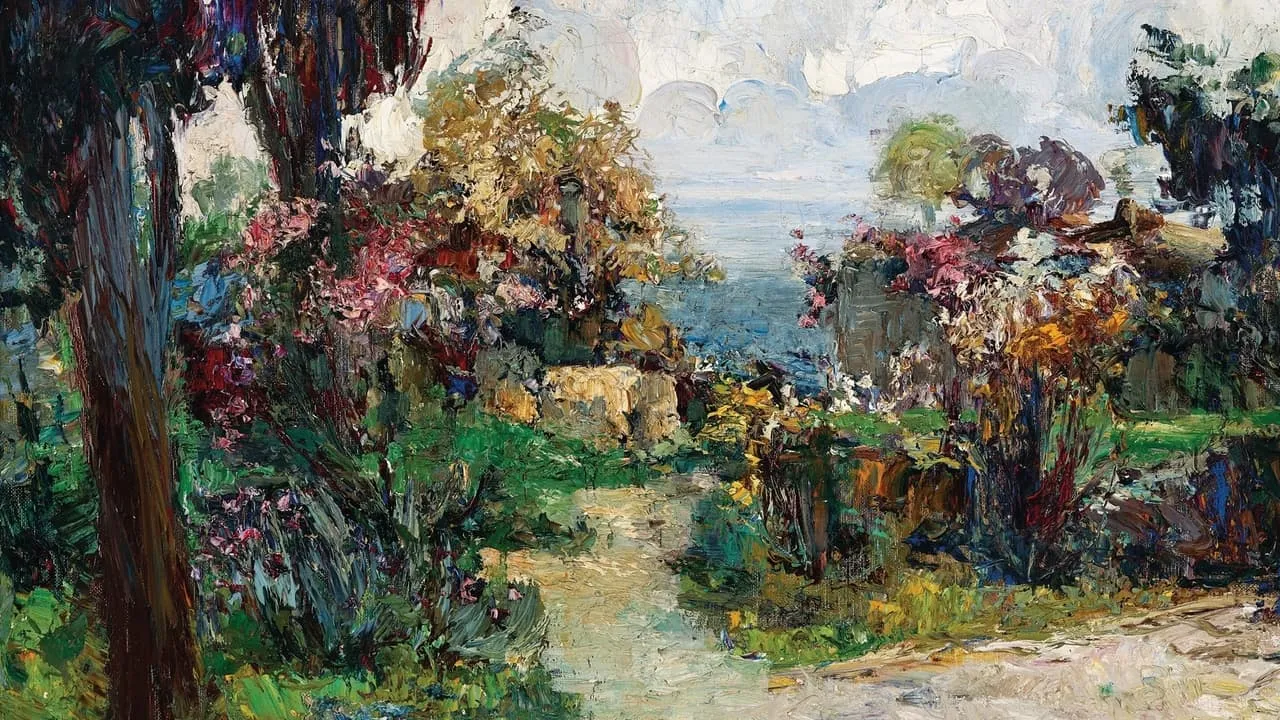
Good News at Rock Bottom: Finding God When the Pain Goes Deep and Hope Seems Lost by Ray Ortlund.
“During seasons of loneliness, betrayal, or loss, we may tempted to give up on God. But Jesus is often harder to find in the comfortable lives we prefer. Instead, he meets us down at rock bottom — where he is waiting for us with open arms.”
From My Commonplace Book
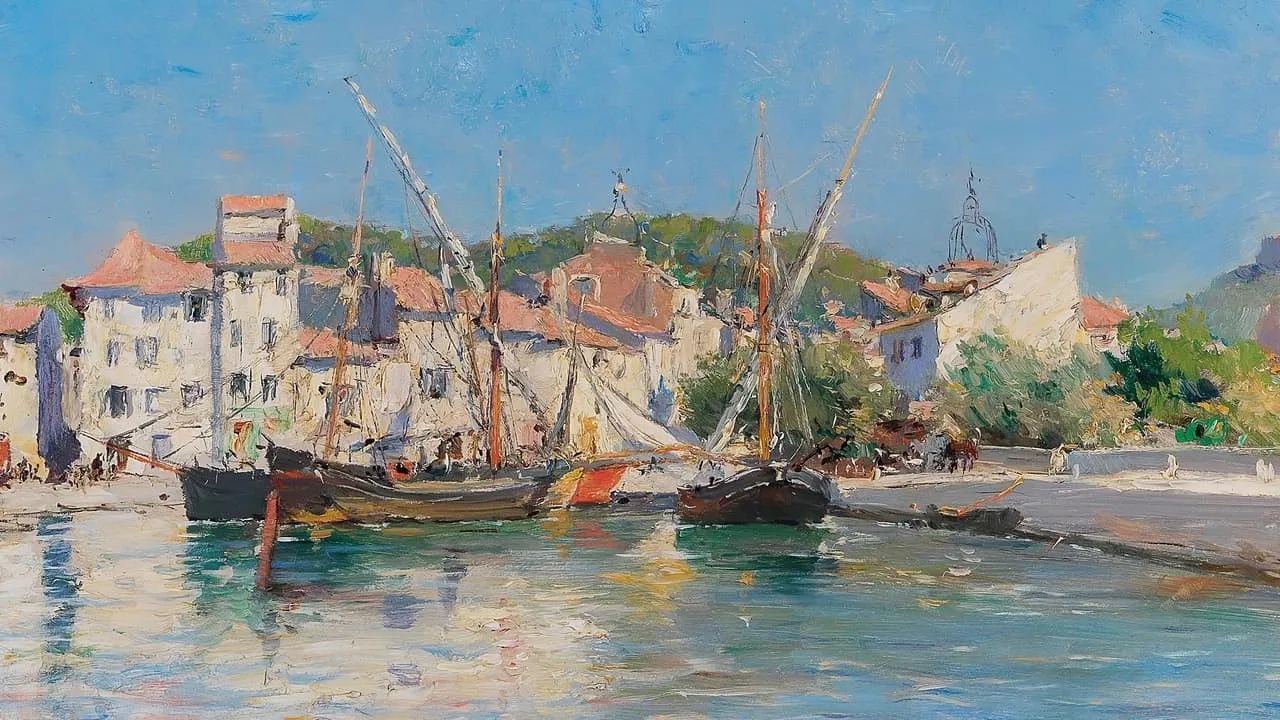
Beauty Matters: Creation, new creation, & aesthetic awareness
N.T. Wright believes beauty matters. I agree.
I believe that taking creation and new creation seriously is the way to understand and revitalize aesthetic awareness and perhaps even creativity among Christians today. Beauty matters, dare I say, almost as much as spirituality and justice.
A Poem
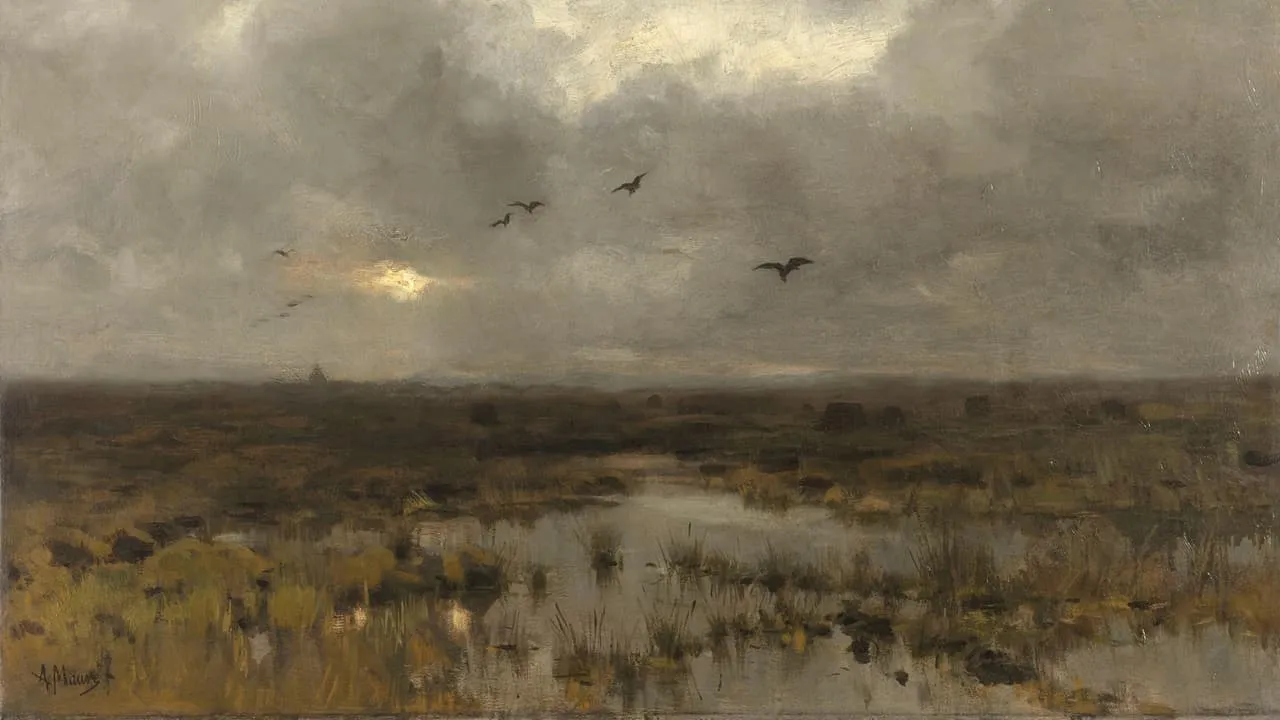
The Uses of Sorrow
By Mary Oliver
(In my sleep I dreamed this poem)
Someone I loved once gave me
a box full of darkness.
It took me years to understand
that this, too, was a gift.
A Closing Quote
Blaise Pascal on our inability to live in and enjoy the present.
Let each one examine his thoughts, and he will find them all occupied with the past and the future. We scarcely ever think of the present; and if we think of it, it is only to take light from it to arrange the future. The present is never our end. The past and the present are our means; the future alone is our end. So we never live, but we hope to live; and, as we are always preparing to be happy, it is inevitable we should never be so.
— Blaise Pascal, Pensées

